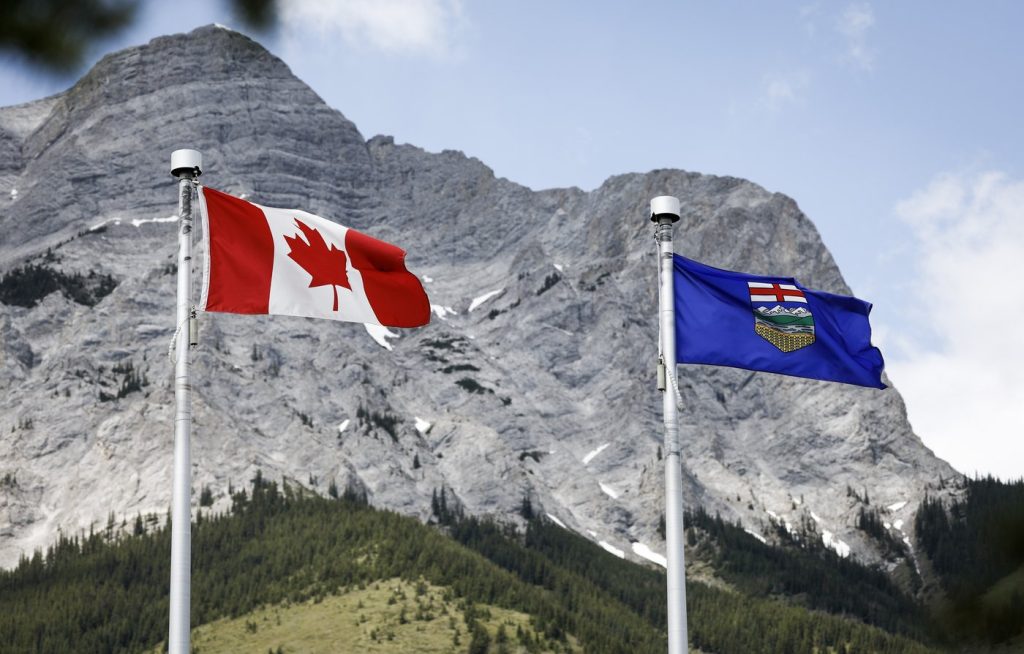OTTAWA – Prime Minister Mark Carney is attempting to refine Canada’s agenda as the G7 summit host amid a dynamic global landscape characterized by significant tensions among G7 nations. David Angell, Carney's foreign policy adviser, noted that this summit occurs at a pivotal moment that necessitates focused discussions on urgent global issues.
The G7 summit in Kananaskis, Alberta, is expected to cover a multitude of topics, starting with the “global economic outlook.” This session will lead into discussions on economic security and supply chains, including anti-market practices by large non-G7 economies, with China frequently being at the center of such accusations. Angell also pointed out that President Trump’s tariff strategy will likely be a key topic in the conversations, as economists like John Kirton from the University of Toronto anticipate a notable debate on how nations can balance fiscal stimulus through tax cuts and defense spending while managing deficits.
In addition, leaders will address critical minerals, potentially establishing standards for labor and environmental transparency in countries like the Democratic Republic of Congo. Another focal point will likely be the dysfunction within the World Trade Organization (WTO), particularly as the appeal body has been stalled due to the U.S. blocking the appointment of panel members following its dissatisfaction with past WTO rulings that have gone against it. Canada previously initiated the Ottawa Group, aimed at WTO reform, but its efficacy has been limited.
The summit will also address pressing safety concerns, including wildfires and foreign interference. A Kananaskis Wildfire Charter is set for discussion, emphasizing equipment interoperability among G7 member states to enhance responses to emergencies like forest fires. This topic has gained importance due to the increasing threat of wildfires in various regions, including Los Angeles and the Canadian Prairies. Although climate change may be mentioned, it is unlikely to be included in closing statements, particularly due to Trump’s dismissive stance on the subject.
During the working dinner, the leaders will delve into broader topics of security, likely emphasizing recent conflicts between Israel and Iran, while Thursday’s session will involve Ukrainian sovereignty discussions following a meeting with Ukrainian President Volodymyr Zelenskyy. This comes amidst worries from other G7 countries regarding a potential deal between the U.S. and Russia that might further enable aggression against European nations.
The subsequent larger meeting will include numerous invited guests, among them leaders from Australia, Brazil, India, Mexico, South Africa, South Korea, and organizations such as NATO and the United Nations. It remains uncertain if Canada’s concerns about foreign interference will emerge in dialogue with Indian Prime Minister Narendra Modi, whose administration has been linked to various illicit activities in Canada.
On the agenda for Tuesday afternoon is a discussion on energy security, focusing on making energy more affordable and developing infrastructure to diversify energy sources. Carney’s office has indicated a desire to form coalitions with reliable partners to establish new markets and promote substantial infrastructure investments.
Artificial intelligence and quantum technologies will also be key discussion points, highlighting their potential to spur economic growth. Experts note that while quantum computing may enhance efficiency and processing speeds, there is a pressing need for appropriate cryptography to safeguard critical systems from being vulnerable to advanced quantum attacks.
Overall, while Canadian officials caution against expecting a comprehensive communiqué at the end of the summit, there is hope for consensus on significant action points among liberal democracies. Recent meetings among finance ministers and central bankers have already led to agreements concerning cyber threats and the implications of artificial intelligence, and past commitments from foreign ministers to maritime security are also anticipated to be reinforced.
Canada has been recognized for its capacity to bring together differing perspectives and facilitate agreements among G7 allies, often stepping in during crucial moments. This collaborative approach is vital for addressing shared global challenges.










